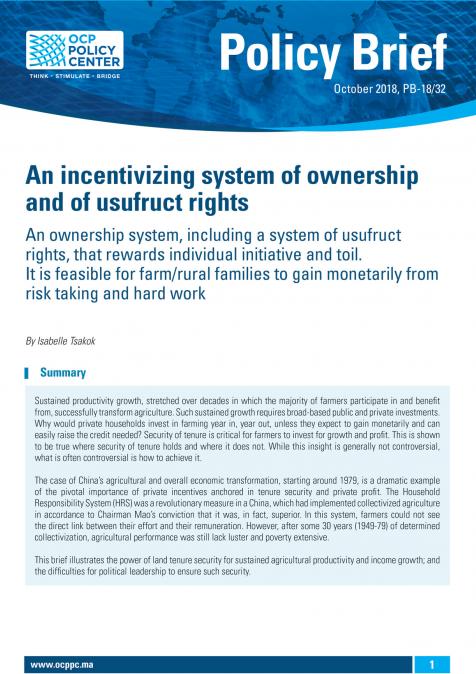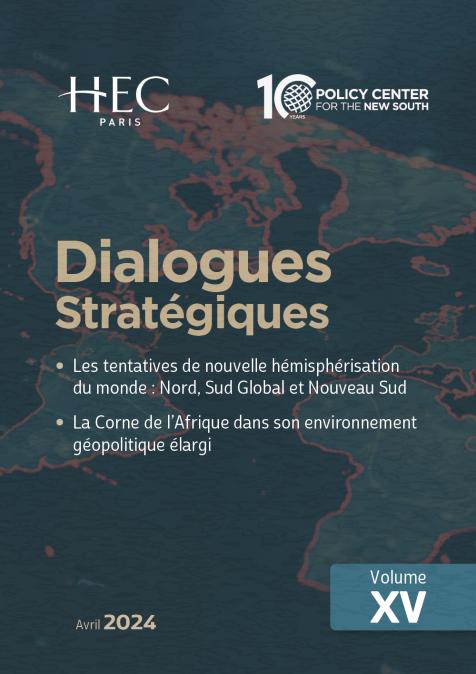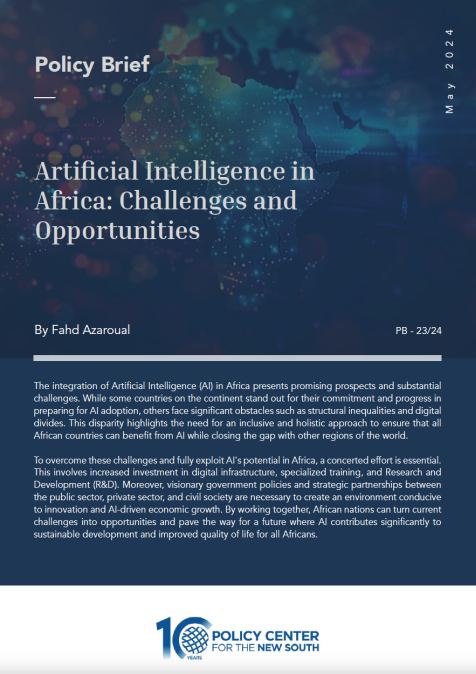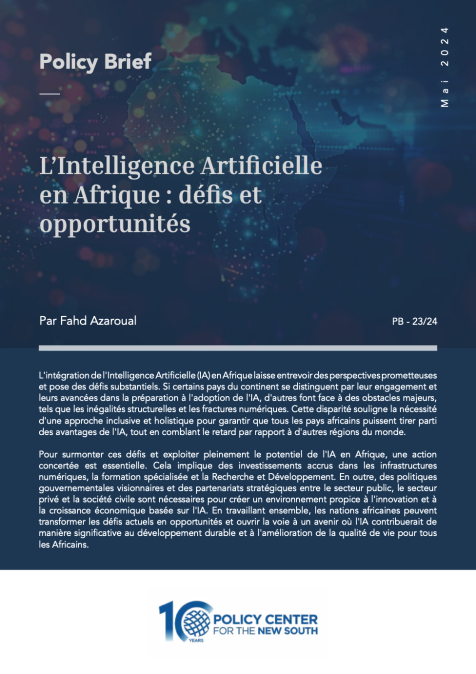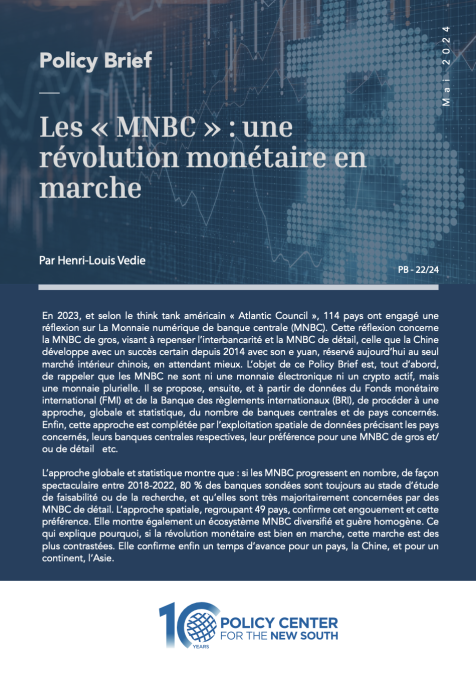Publications /
Policy Brief
Sustained productivity growth, stretched over decades in which the majority of farmers participate in and benefit from, successfully transform agriculture. Such sustained growth requires broad-based public and private investments. Why would private households invest in farming year in, year out, unless they expect to gain monetarily and can easily raise the credit needed? Security of tenure is critical for farmers to invest for growth and profit. This is shown to be true where security of tenure holds and where it does not. While this insight is generally not controversial, what is often controversial is how to achieve it.
The case of China’s agricultural and overall economic transformation, starting around 1979, is a dramatic example of the pivotal importance of private incentives anchored in tenure security and private profit. The Household Responsibility System (HRS) was a revolutionary measure in a China, which had implemented collectivized agriculture in accordance to Chairman Mao’s conviction that it was, in fact, superior. In this system, farmers could not see the direct link between their effort and their remuneration. However, after some 30 years (1949-79) of determined collectivization, agricultural performance was still lack luster and poverty extensive.
This brief illustrates the power of land tenure security for sustained agricultural productivity and income growth; and the difficulties for political leadership to ensure such security.

